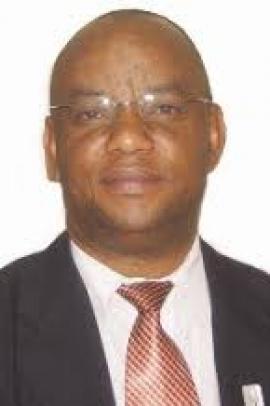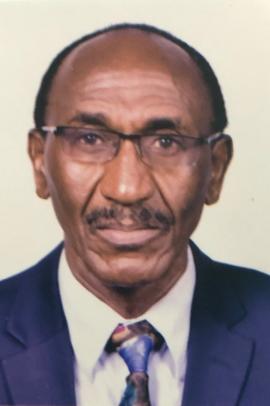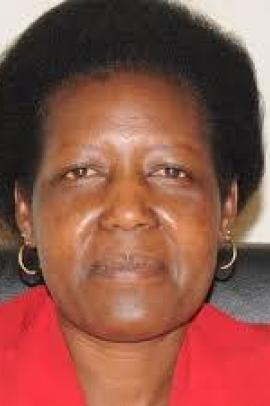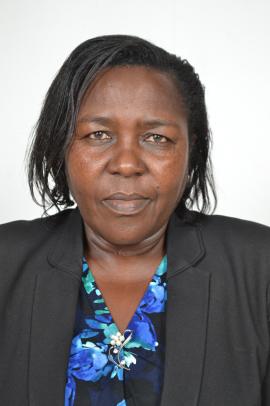Student Short Biography
S. Ngacha Njeri is a PhD graduand at the University of Nairobi majoring in Project Planning Design and Implementation. Hold’s a Master’s Degree in Project Planning and Management from the University of Nairobi, Post graduate Diploma in Monitoring and Evaluation, Bachelor of Science Degree in Business Information Technology, Diploma in Community Development, Diploma in Website design, an International Certificate in cross-cultural Political, Economic and Civic organizing from Meridian International Center in Washington DC USA supported by USAID through USA Department of State. He hold’s a sign Language certificate from Kenya National Sign language learning center based at the University of Nairobi, a certificate in research on Data Analysis and Reporting using Scientific Package of Social Science(SPSS) at the University of Nairobi, a certificate in Grant and Proposal writing from the University of Nairobi and a certificate in Qualitative Research using NVIVO software from the University of Malawi in Conjunction with Africa Center of Excellence for Public Health and Herbal Medicine and Research Training and Consultancy International.S. Ngacha Njeri is also a student fellow under Prestigious Problem Based Learning (PBL) scholarship for the year 2019/2020 at C4Dlab (Computer for Development) at the University of Nairobi-Chiromo campus. The Fellowship is a joint Problem Based Learning initiative supported by UNICEF-ESARO, Ubber Transport company, Botnar Foundation Switzerland among other leading business industry players and students from Finland-Aalto University, Makerere University Uganda, Dare-Salaam University Tanzania, University of Nairobi and D-School in Cape town South Africa.
Research Supervisors
- Prof.Christopher Mwangi Gakuu
- Prof.Harriet Jepchumba Kidombo
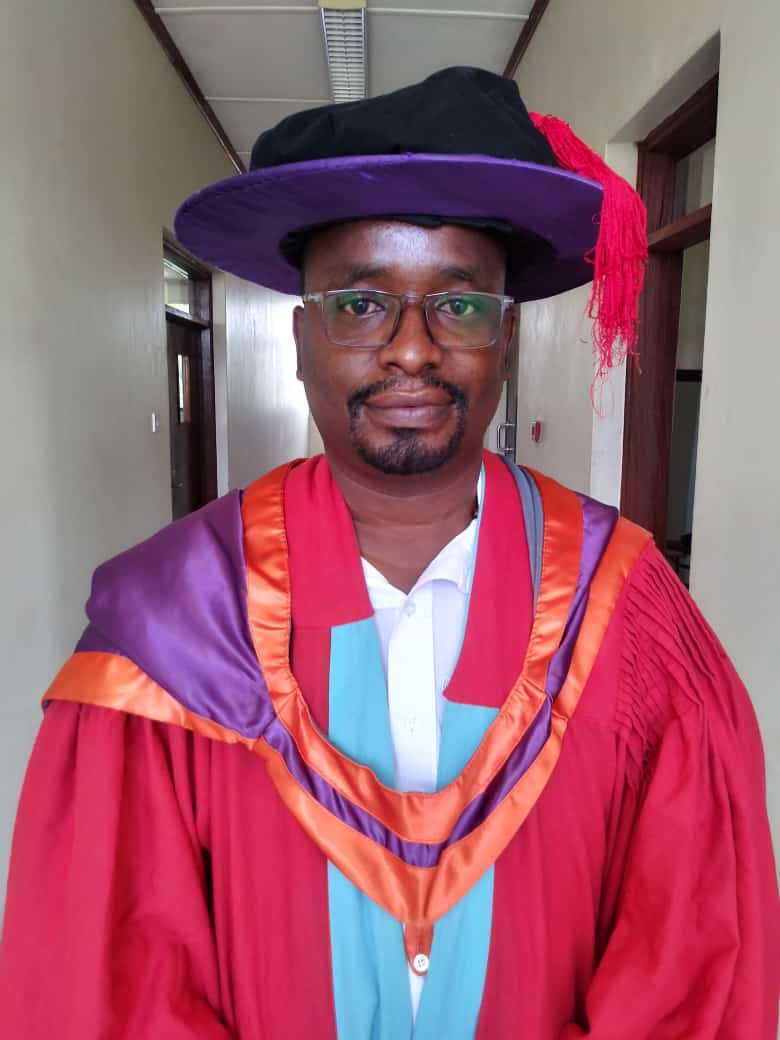
Thesis Title
Legal Frameworks, Normative Action,Politcal Environment and Performance of Biosocial Projects in Informal Settlement In Nairobi County, Kenya
Thesis Abstract
This study investigated relationship between Legal frameworks, Normative action, Political environment and Performance of biosocial projects in informal settlements in Nairobi County, Kenya. The inquiry investigated mediating and moderating influence of normative action and political environment respectively on affiliation amongst Legal frameworks and performance of biosocial projects. This body of knowledge was anchored upon five objectives and five theories with an intent to support each study objective with a theory; Classical management theory summarized the five theories, Classical communication theory supported legal frameworks, social cognitive theory supported normative action, theory of diffusion supported political environment, project theory supported moderating influence of political environment on predictive and dependent variables while biosocial theory supported mediating influence of normative action on predictive and dependent variables, lastly theory of constraint supported dependent variable. This study adopted pragmatism paradigm and mixed research approach to assess effect of legal frameworks upon performance of biosocial projects while descriptive and correlational research designs were embraced. Self-dispensed structured questionnaire was used to amass quantitative data whereas interview guide assembled qualitative data after pilot testing for validity via content connected logic besides reliability amidst test-retest criterion of instruments of research. A sample size of 183 respondents from 61 biosocial projects were selected from a target sample of 70 biosocial projects in Nairobi County. Quantitative data was computed from structured questionnaires dispensed to 61 staff members working in the biosocial projects and 61 beneficiaries of the biosocial projects besides qualitative in- depth interviews with 61 State and non-state actors through purposive sampling technique. Arithmetic mean and standard deviation were the statistical tools of analysis that were expended for descriptive data while Pearson’s Product Moment Correlation (r) and Stepwise Regression (R2) were statistical tools of analysis that were used for inferential statistics. Hypotheses in the study were tested through F-Tests.

